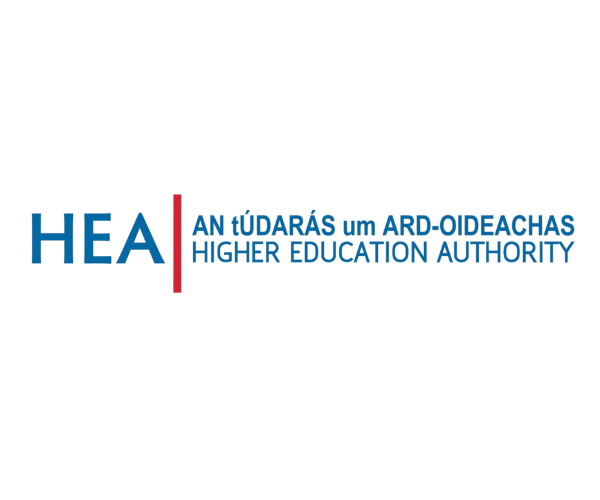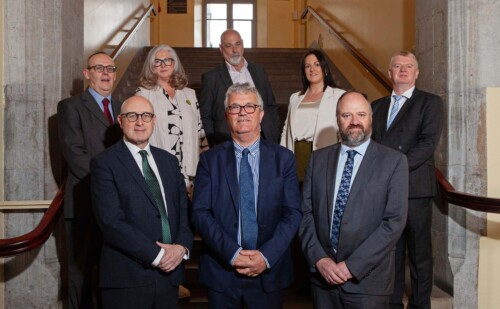
Appointment of Ordinary Members to the Governing Board of the Higher Education Authority
By Peter Kelly
Posted: 27 January, 2024
The Minister for Further and Higher Education, Research, Innovation and Science Simon Harris has announced the appointment of 10 Ordinary Members to the Board of the Higher Education Authority (HEA).
The Board is collectively responsible for leading and directing the HEA’s activities. It provides strategic guidance to the HEA executive team and monitors the activities and effectiveness of management.
The Board is key in delivering the provisions of the Higher Education Authority Act 2022 (HEA Act 2022) which introduces reform in the higher education sector 50 years after the establishment of the Higher Education Authority (HEA).
This reform aims to strengthen institutional governance to support excellent, well-governed, autonomous higher education institutions which meet the needs of students and contributes to social, economic, cultural and environmental development and sustainability.
Further information can be found on the gov.ie website:


